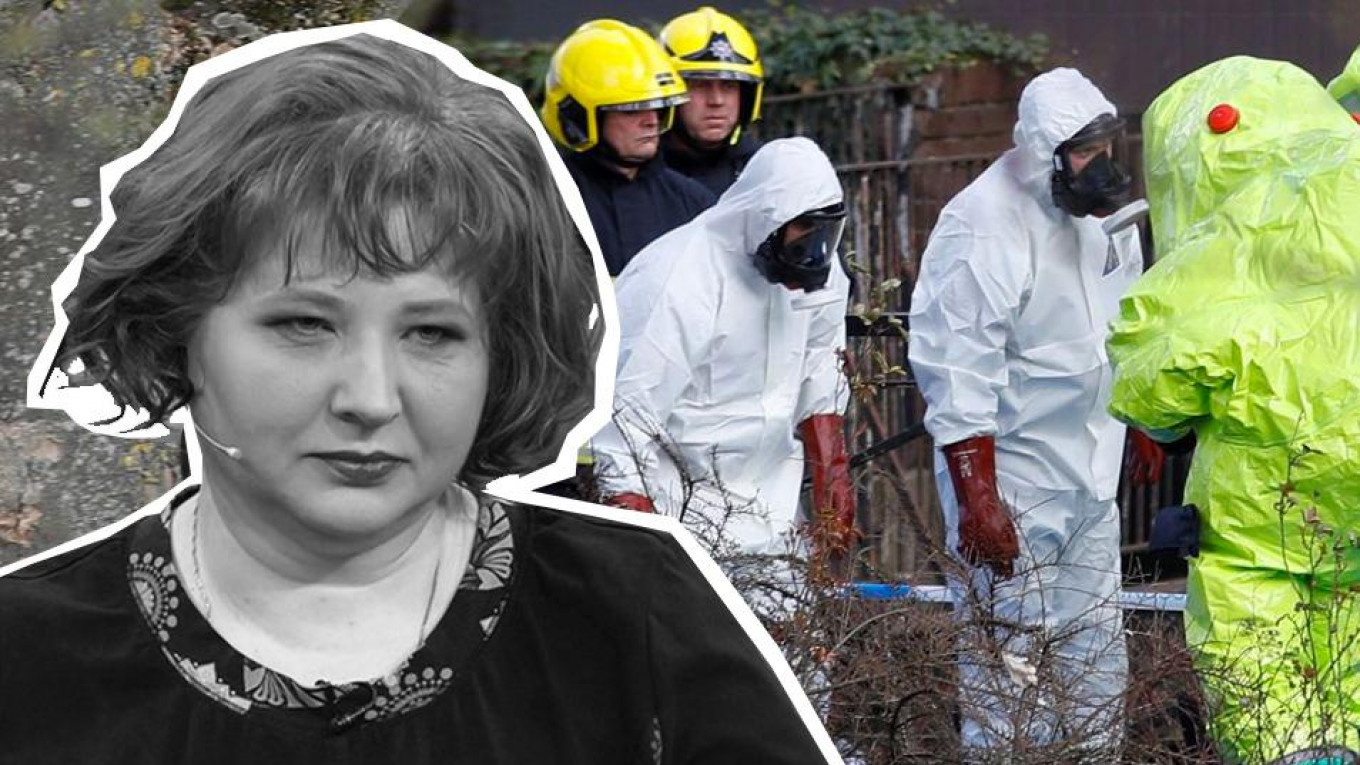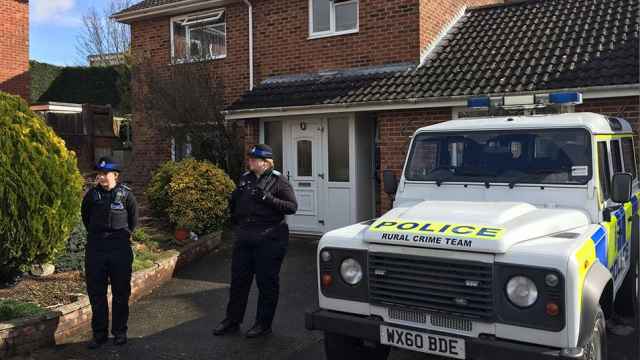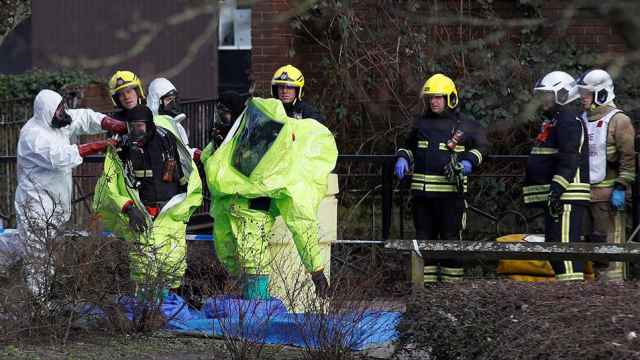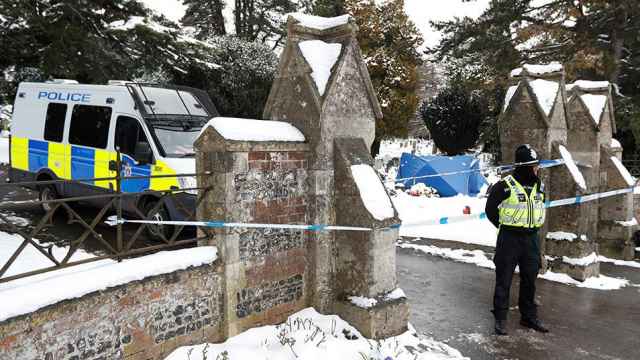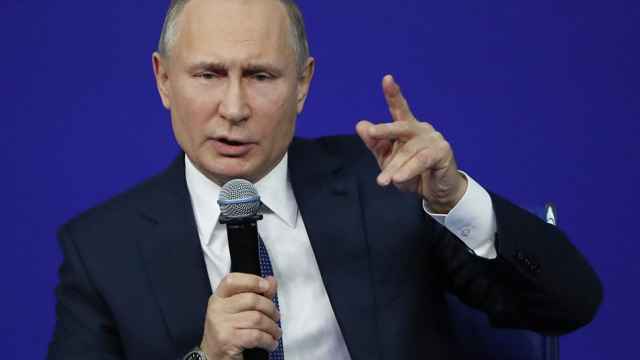The niece of Sergei Skripal, a former Russian spy poisoned in Britain with his daughter, says she plans to travel to England and try to bring back Yulia, Skripal's daughter, to Russia.
Viktoria Skripal, the niece, told state TV on Wednesday evening that she had applied for a British visa, but that she was unsure whether British authorities would allow her to see her cousin Yulia, or her uncle Sergei, who were poisoned in Salisbury in a March 4 nerve agent attack.
The attack left the Skripals in a critical condition, but on March 29 the hospital where they are being treated said Yulia was getting better, while the BBC, citing sources, said she was "conscious and talking".
"I currently have one objective: To fly there and take away Yulia, at least Yulia," Viktoria Skripal said, adding that Yulia had always been very distant from politics. "It's a lot more complicated with Sergei."
She said she was in regular contact with Russia's ambassador to London, Alexander Yakovenko, and that he had helped her obtain a Russian passport to travel.
She said British authorities had given her no assurances she would be able to see Yulia even if she arrived at the hospital and that it would be up to Yulia if a meeting took place.
Viktoria Skripal made the comments on Rossiya-1's 60 minutes show where pundits and lawmakers cast the nerve agent attack as part of an elaborate British plot to besmirch Russia.
Britain has blamed Moscow for the chemical attack, something Russia denies.
The case has plunged East-West relations into their worst crisis since the Cold War, with Britain and its allies expelling around 130 Russian diplomats and Moscow responding with its own expulsions.
A Message from The Moscow Times:
Dear readers,
We are facing unprecedented challenges. Russia's Prosecutor General's Office has designated The Moscow Times as an "undesirable" organization, criminalizing our work and putting our staff at risk of prosecution. This follows our earlier unjust labeling as a "foreign agent."
These actions are direct attempts to silence independent journalism in Russia. The authorities claim our work "discredits the decisions of the Russian leadership." We see things differently: we strive to provide accurate, unbiased reporting on Russia.
We, the journalists of The Moscow Times, refuse to be silenced. But to continue our work, we need your help.
Your support, no matter how small, makes a world of difference. If you can, please support us monthly starting from just $2. It's quick to set up, and every contribution makes a significant impact.
By supporting The Moscow Times, you're defending open, independent journalism in the face of repression. Thank you for standing with us.
Remind me later.


